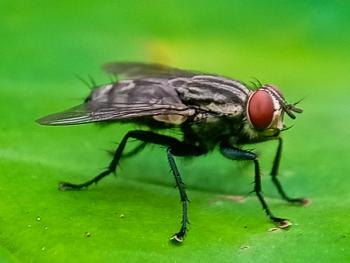
Chart: 6 zoonoses you should know -- Toxoplasmosis
Details about toxoplasmosis for technicians.
Common disease name
Toxoplasmosis
(Toxoplasmosis involves a protozoon parasite that infects virtually all warm-blooded vertebrates.)
Scientific name
Toxoplasma gondii
Method of infection
Cats: Ingestion of oocysts in feces, ingestion of tissues of intermediate host (e.g. rodents)
People: Ingestion of uncooked meat, exposure to infected cat feces (food, water, soil); usually not from shedding cat. Oocysts must sporulate in the environment before becoming infective.
Signs
Cats: Rarely causes clinical signs, but may cause lymphadenitis, encephalitis, coughing, dyspnea, weight loss, and lethargy
People: Rarely causes clinical signs, but may cause flu-like symptoms; in people with deficient immune responses it can lead to death, congenital malformation, or mental retardation
Treatment
There are no approved treatments, but clindamycin hydrochloride, pyrimethamine and a sulfonamide, and a trimethoprim-sulfonamide combination have been used with success.
People most at risk
Everyone is at risk, but especially immunosuppressed people, including pregnant women, fetuses, and children
Prevention
- Keep cats indoors to prevent ingestion of infected animals and feces.
- Avoid feeding uncooked meats or viscera to cats.
- Remove feces from litter box daily.
- Wash litter boxes with scalding water or steam.
- Allow only immunocompetent, nonpregnant people to clean litter boxes.
- Wash hands thoroughly after exposure to soil, sand, raw meats, and unwashed vegetables.
- Wear gloves when gardening.
- Cover children's sandboxes when not in use.
Newsletter
From exam room tips to practice management insights, get trusted veterinary news delivered straight to your inbox—subscribe to dvm360.




